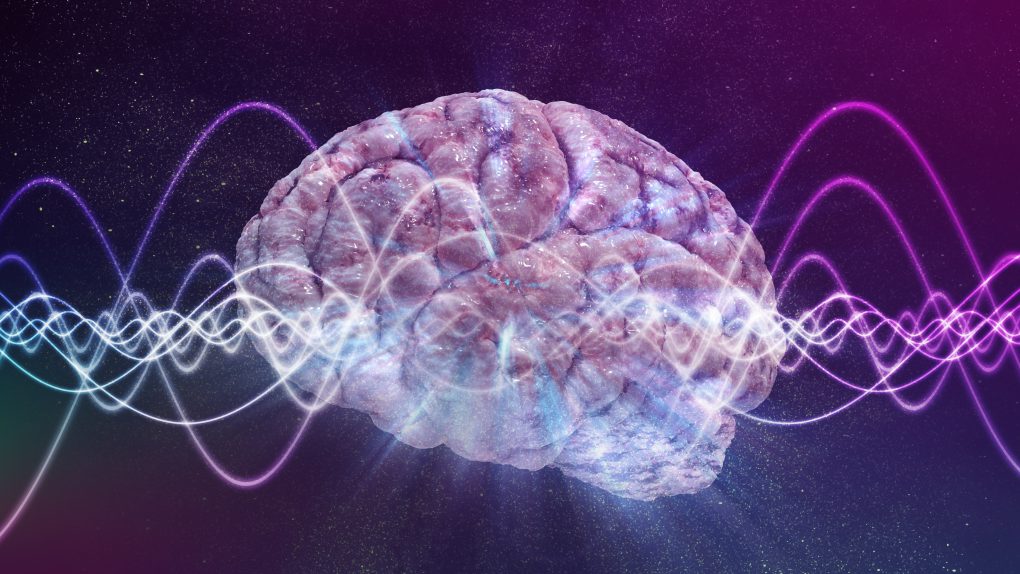Scientists from the University of Michigan have published an intriguing paper in the Proceedings of the National Academy of Sciences (PNAS). In the paper, the scientists detail how they detected an unknown and mysterious wave of brain activity in the brains of dying people.
The activity registered as a burst of ephemeral gamma activity similar to those seen in previous research that recorded the brain waves of a dying person just last year. The discovery unlocks more information about how the human brain reacts under tragic circumstances.
They recorded the mysterious brain activity when four patients were withdrawn from life support. They recorded the activity in two of the four patients, and it could help scientists better understand the parallels between a dying human brain and the brains of animals like rats, which have been studied before.

The belief is that these flickers of activity as the brain dies could be what we often refer to as “near-death experiences,” things like the flashing of your life before your eyes, something that many believe happens before you die. Of course, proving the existence of such mental movies isn’t easy, but it is something scientists have set out to do.
And this new research on mysterious brain activity could be a step in the right direction, at least when it comes to understanding how the brain reacts to the last moments before death. That’s why the researchers looked at how the brain’s activity changed from before doctors removed the patients from life support as well as after.
For now, though, the activity is not necessarily evidence of elevated conscious processing in the patients. Yes, it does seem to suggest as such, but it does not quite demonstrate it. Perhaps future research into the same area will yield additional results and information.








